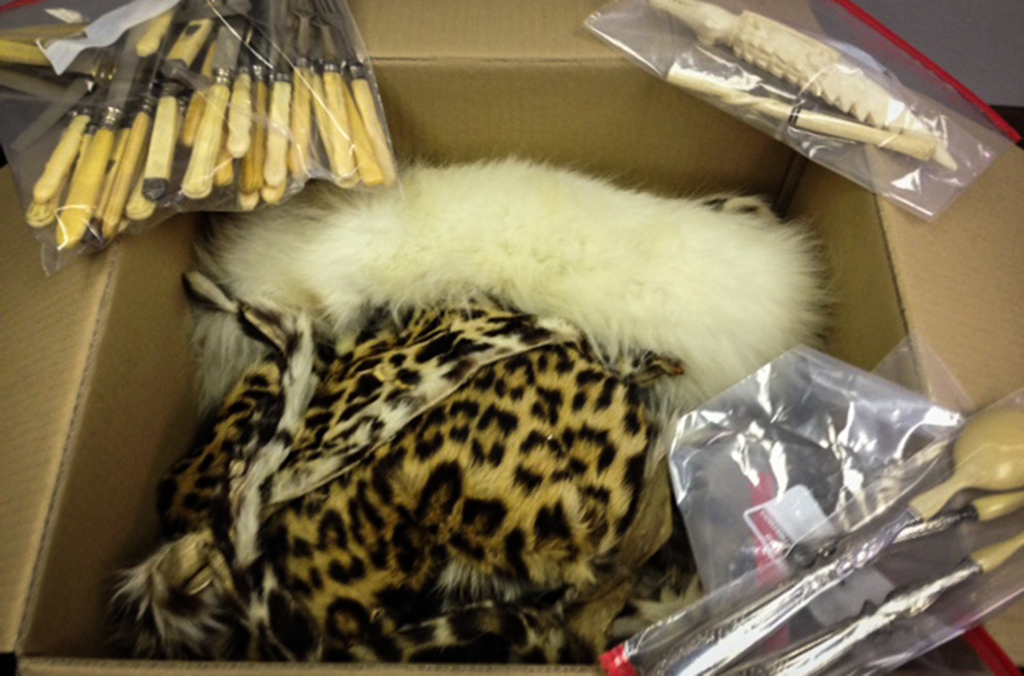Imagine you’re on vacation and looking to buy a souvenir to take back home. You want something beautiful, exotic – perhaps a piece of coral, an ivory figure, a wood carving, or some traditional food or medicine. But do you really know what’s behind these products?
Some of the most innocent-looking products, if not illegal themselves, can have links to serious crime. A piece of ivory, for example, not only points to the poaching of an endangered species, but can be linked to other offences such as corruption and smuggling.

The illegal wildlife trade is an industry worth a staggering USD 20 billion per year (Source: UNEP-INTERPOL Report: The Rise of Environmental Crime). The profits rank alongside those from trafficking of humans, small arms and drugs. Unfortunately environmental crime profits are high and the risk of prosecution remains low, so it has become a source of easy money for organized crime groups.
An individual’s livelihood, a community’s safety, a nation’s economy: all of these are at risk from the effects of environmental crime. But there are ways that you can help. Responsible choices will stop the demand, and will help to stop environmental crime in its tracks.
What can you do?
Don’t forget that purchasing a product derived from exotic wildlife can contribute to the exploitation or even extinction of a species, so shop wisely:
- Buy from reputable outlets;
- Find out if products, including food, drink, and medicines, come from sustainable sources;
- Avoid traditional medicines made using endangered species such as tigers, rhinos and seahorses;
- Take exotic foods – including shark-fin soup or turtle eggs – off the menu;
- Look out for certification marks from bodies such as the Forest Stewardship Council or Rainforest Alliance;
Be a green traveller:
- Book through recognized eco-friendly hotels and tour operators;
- Offset your carbon footprint.
Choose your holiday souvenirs carefully:
- Be careful when buying wildlife souvenirs on holiday. Many items are illegal or restricted – for example, coral, ivory, and even some types of wood. If in doubt, don’t buy it!
- Check with the relevant authorities before you bring any wildlife products back from a trip abroad. Find out if it’s legal and if you need a permit. You risk a hefty fine if caught with illegal products.
Report it
If you have seen any suspicious products for sale, report them. You could contact the local police, environment agency or – if on vacation – your tour operator, hotel management or tourist office.





